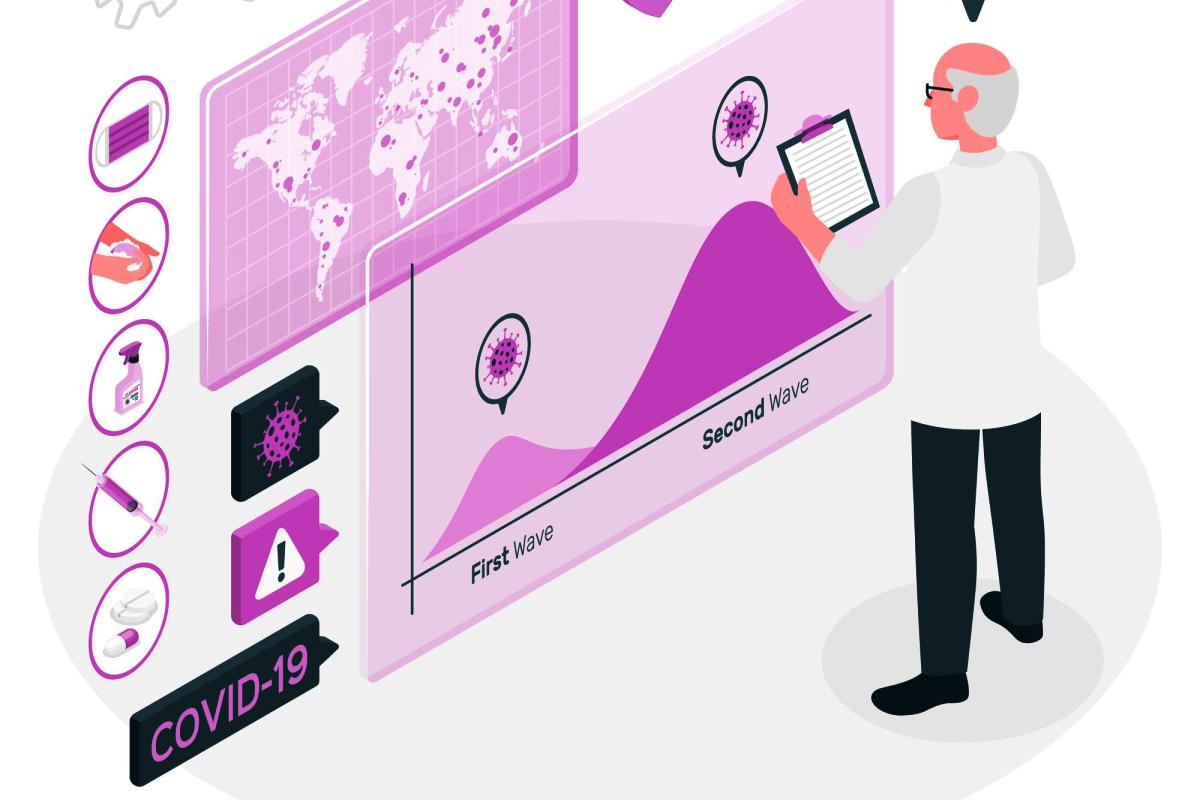Literature Reviews and Systematic Reviews are both essential methods for summarizing research, yet they differ significantly in their approach, depth, and objectives. Here’s a comprehensive exploration of each method:
Literature Review
Definition and Purpose:
- Literature Review is a broad summary and synthesis of existing research on a particular topic. It provides a comprehensive overview of what is known, identifies trends, and highlights gaps in the current knowledge base.
Scope:
- Flexibility: The scope can be broad or narrow based on the research question or topic. It can cover a wide array of studies or focus on a specific aspect.
- Source Variety: Includes various types of sources such as journal articles, books, conference papers, and other relevant materials.
Methodology:
- Narrative Review: Typically employs a narrative approach where the researcher summarizes and discusses the literature in a qualitative manner.
- Selection Criteria: Source selection is often more subjective. While it may involve a search strategy, it is generally less systematic than in a systematic review.
- Analysis: Analysis is more descriptive and thematic, often focusing on summarizing findings rather than combining quantitative data.
Process:
-
Search Strategy:
- Literature Search: Perform a general search for relevant literature using databases like Google Scholar, JSTOR, and subject-specific databases.
- Keyword Selection: Use broad and varied keywords related to the research topic.
-
Summarization:
- Thematic Organization: Organize the literature by themes, theories, or key topics.
- Synthesis: Summarize key findings, discuss trends, and provide a narrative overview of the research area.
-
Discussion:
- Contextualization: Place the findings within the broader context of the research area.
- Gaps and Future Directions: Identify gaps in the literature and suggest areas for further research.
Strengths:
- Flexibility: Allows for a broad overview and contextual understanding of the topic.
- Contextual Insights: Provides insights into theoretical developments and research trends.
Limitations:
- Subjectivity: The selection and interpretation of sources may be subjective and less rigorous.
- Limited Depth: May not provide a detailed, systematic analysis of the research evidence.
Systematic Review
Definition and Purpose:
- Systematic Review is a rigorous and comprehensive method for synthesizing research evidence on a specific research question. It aims to provide an unbiased summary of the best available evidence through a structured and replicable approach.
Scope:
- Focused: Narrowly focused on a specific research question or hypothesis. The scope is defined by precise inclusion and exclusion criteria.
- Predefined Protocol: Follows a structured protocol to ensure comprehensive coverage and minimize bias.
Methodology:
- Structured Approach: Adheres to a predefined methodology, including detailed search strategies, inclusion and exclusion criteria, and data extraction processes.
- Quantitative and Qualitative Synthesis: May include quantitative synthesis (meta-analysis) to statistically combine results or qualitative synthesis for thematic analysis.
Process:
-
Protocol Development:
- Protocol Design: Develop a detailed protocol outlining search strategies, eligibility criteria, and data extraction methods. Follow guidelines like PRISMA for transparency.
-
Systematic Search:
- Database Selection: Conduct a comprehensive search across multiple databases (e.g., PubMed, Cochrane Library, Embase) using a systematic approach.
- Search Terms: Use specific and comprehensive keywords with Boolean operators to capture all relevant studies.
-
Study Selection:
- Screening: Screen titles and abstracts followed by full-text review to select studies that meet predefined criteria.
- Inclusion/Exclusion: Apply strict inclusion and exclusion criteria to ensure the relevance and quality of studies.
-
Data Extraction:
- Data Collection: Extract data systematically from selected studies using standardized forms. Collect information on study characteristics, outcomes, and effect sizes.
- Quality Assessment: Assess the methodological quality and risk of bias of included studies using established tools (e.g., Cochrane Risk of Bias Tool).
-
Data Synthesis and Analysis:
- Quantitative Synthesis: Perform meta-analysis to combine effect sizes and assess overall impact. Evaluate heterogeneity among studies using statistical methods.
- Qualitative Synthesis: Conduct thematic analysis if quantitative synthesis is not feasible.
-
Reporting:
- Comprehensive Reporting: Prepare a detailed report including methodology, results, and conclusions. Follow reporting guidelines such as PRISMA for transparency and completeness.
- Visual Representation: Use tables, figures, and forest plots to present findings clearly.
Strengths:
- Rigorous and Transparent: Provides a comprehensive, unbiased summary of evidence using a structured approach.
- High-Quality Evidence: Combines results from multiple studies, offering a higher level of evidence and informing practice and policy.
Limitations:
- Time-Consuming: Requires significant time and resources to conduct a thorough review.
- Complexity: The process is complex and requires expertise in systematic review methodology and statistical analysis.
Meta-Analysiss.com Services
Meta-Analysiss.com offers expert support for both literature reviews and systematic reviews:
-
For Literature Reviews:
- Comprehensive Literature Searches: Perform broad searches to gather diverse sources.
- Narrative Summarization: Provide thematic summaries and contextual discussions.
- Trend Analysis: Identify key trends and gaps in the literature.
-
For Systematic Reviews:
- Protocol Development: Assist in creating detailed protocols following PRISMA guidelines.
- Systematic Searches: Conduct comprehensive searches across multiple databases.
- Data Extraction and Quality Assessment: Systematically extract data and evaluate study quality.
- Meta-Analysis and Reporting: Perform meta-analysis and prepare detailed, transparent reports.
By leveraging these services, researchers can ensure their reviews—whether literature or systematic—are methodologically sound, comprehensive, and capable of providing valuable insights into their research questions.





